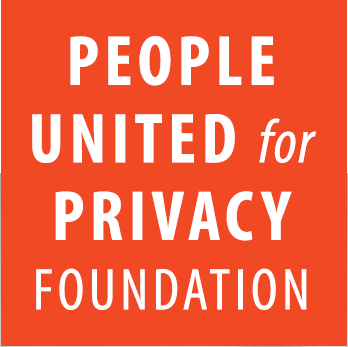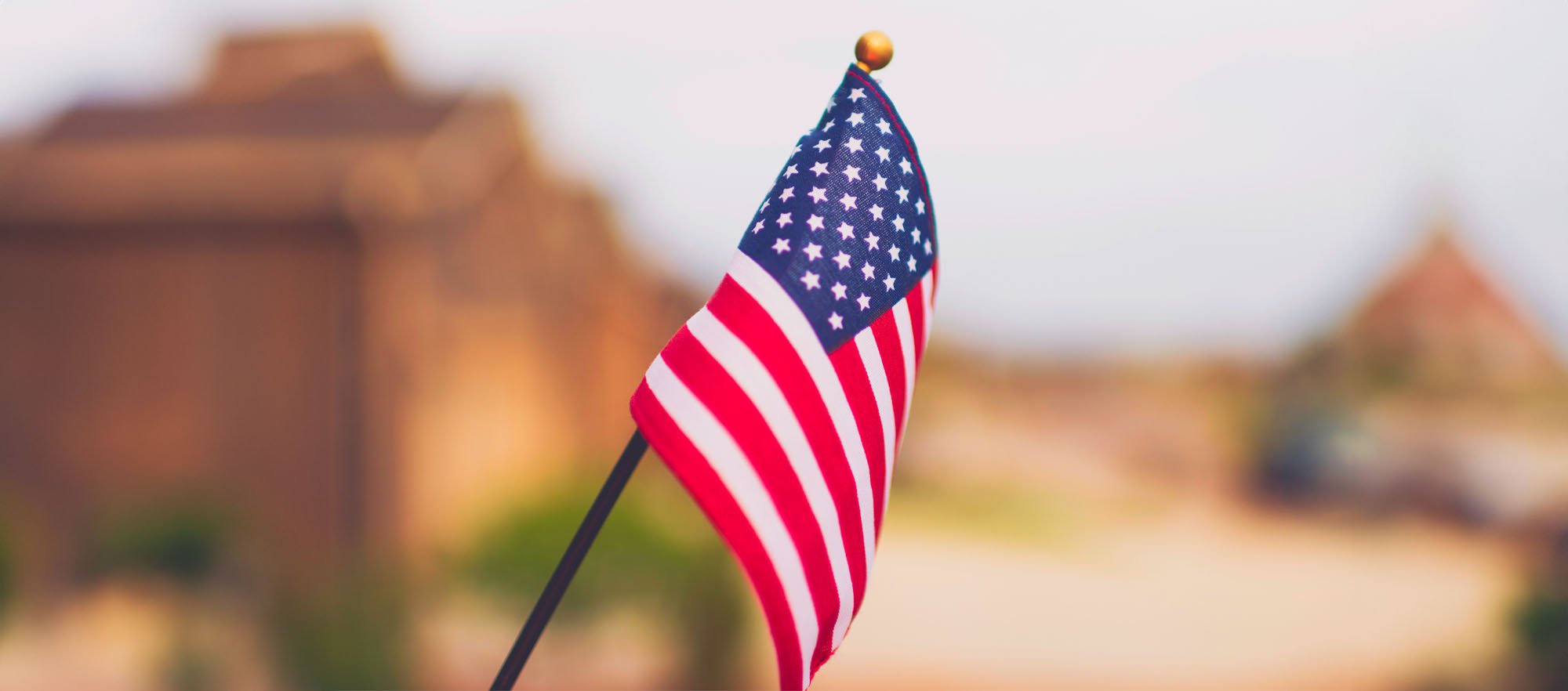 Founded in 2018, People United for Privacy Foundation (PUFPF) defends the rights of all Americans to come together in support of their shared values. Which seems like common sense, until you read developments in policy that have profound effects on donors and the causes they support.
Founded in 2018, People United for Privacy Foundation (PUFPF) defends the rights of all Americans to come together in support of their shared values. Which seems like common sense, until you read developments in policy that have profound effects on donors and the causes they support.
Across the country, there’s a growing call to force nonprofit groups—including some churches—to report the names and addresses of their donors to the government. Some of the proposed legislation would give the government power to post this information on a public website that anyone could see.
The reason activists want to see this private information is simple: they want to be able to target you for your personal beliefs. This isn’t about donations to political candidates, which are already available online. Progressive activists want to force nonprofits to disclose donations to causes and groups that you support that are doing work in our communities or around the world. The goal, as we have seen in too many situations, is to expose donors to harassment or intimidation.
Donor privacy is vital to protecting donor intent. Erasing donor privacy will inevitably cost worthy organizations the funds needed to pursue their missions, and civil society will be gravely harmed. Indeed, we’ve already seen how such injustice would work.
During the fight for Civil Rights, the state of Alabama tried to force the NAACP to report the names and addresses of their supporters to the government. The NAACP knew that if their membership list was made public, those people would be targeted for harassment, intimidation, and even violence. So, they fought to defend their privacy all the way to the US Supreme Court and won. The Supreme Court said that donations to private organizations like the NAACP—even if they take a position on political issues—can remain private so that people’s safety is protected.
Often sold as an effort to “get dark money out of politics,” the elimination of donor privacy would have a much broader and more destructive impact. As appealing as this may sound . . .
To change our laws to subject people to the chilling effects of having their privacy invaded and their personal information compiled in government databases and Google searches is not the way our democracy should operate.


